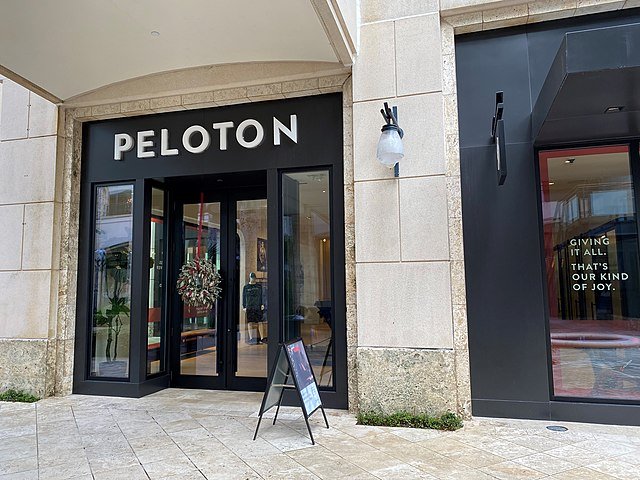by Bronwen
Elizabeth Holmes created an empire. She was known as “the world’s youngest self-made female billionaire” and the “next Steve Jobs” but in reality this was all a fabricated lie. For years, Holmes deceived the world with a seemingly perfect company. Then, one day it all came crashing down and her life completely changed.
In 2004, Elizabeth Holmes, then 19 years old, dropped out of Stanford University to pursue something she was passionate about, Theranos. Deriving from her lifelong fear of needles, Theranos created the Edison Test, with the intention to revolutionize blood testing. The Edison Test used a painless finger prick to detect conditions such as cancer or diabetes without the use of needles. While existing technology needed one vial of blood for each test, Theranos claimed to be able to perform up to 240 tests with one prick of blood. This technology had never been seen before, and because of it, everyone was intrigued. Holmes raised 700 million dollars from investors and she quickly became the youngest female billionaire. At its peak, Theranos was valued at 9 billion dollars.
As Theranos became popular, it seemed like Holmes had a perfect life- a beautiful home, plenty of money and a relationship with the business partner Ramesh “Sunny” Balwani. The only problem was that the technology didn’t work. Not only did the machine not work, but it gave people false diagnoses. One woman identified as L.M. was diagnosed with a thyroid condition called Hashimoto’s disease based on inaccurate Theranos test results. Her doctor ordered testing from another lab company that showed she did not have that condition. When news of a defective product broke in 2015, Theranos and Holmes denied these allegations, deeming them untrue. Eventually, in 2018, Theranos came crashing down when the company was charged with fraud and Holmes and Balwani were indicted on eleven counts of fraud. When these charges occurred, Holmes was stripped of her control of Theranos, and after months without an interested buyer, the company officially was forced to close on September 5th, 2018.
Ever since Holmes was arrested in 2018 and paid her bail which was $500 000, she has led a private life while awaiting trial. One thing that has stayed consistent is the fact that Holmes has maintained her innocence throughout the past three years. Finally after four delays, three due to Covid and one because of her being pregnant, Elizabeth’s trial began in August. Following 11 weeks of testimony and evidence, Holmes’s defense unexpectedly called her to the stand at the end of November. Holmes tells a story that is very different from that of the prosecution. Her account of the story is that her boyfriend – and COO of Theranos at the time – Balwani abused and emotionally controlled Holmes, impairing her mental state. Balwani, now 56, facing the same fraud charges called the claims “outrageous”. Balwani’s trial will begin in January 2022. It is up to the jury now to decide if Holmes will be convicted of the charges she is facing. If convicted, she can face a penalty of up to 20 years in prison.
Although the Theranos scandal occurred years ago, this situation is far from over. The damage and effect on people’s lives will never be forgotten and Elizabeht Holmes will go down as one of the biggest con artists in history. In the weeks to come, the trial will finish and a verdict will be made about whether Elizabeth Holmes is guilty or not guilty. To keep up with the developments in this case, check in on credible news sources such as CNN, BBC News or Yahoo News. Or, listen to the podcast Bad Blood which goes into depth about the Theranos scandal and offers trial updates.


